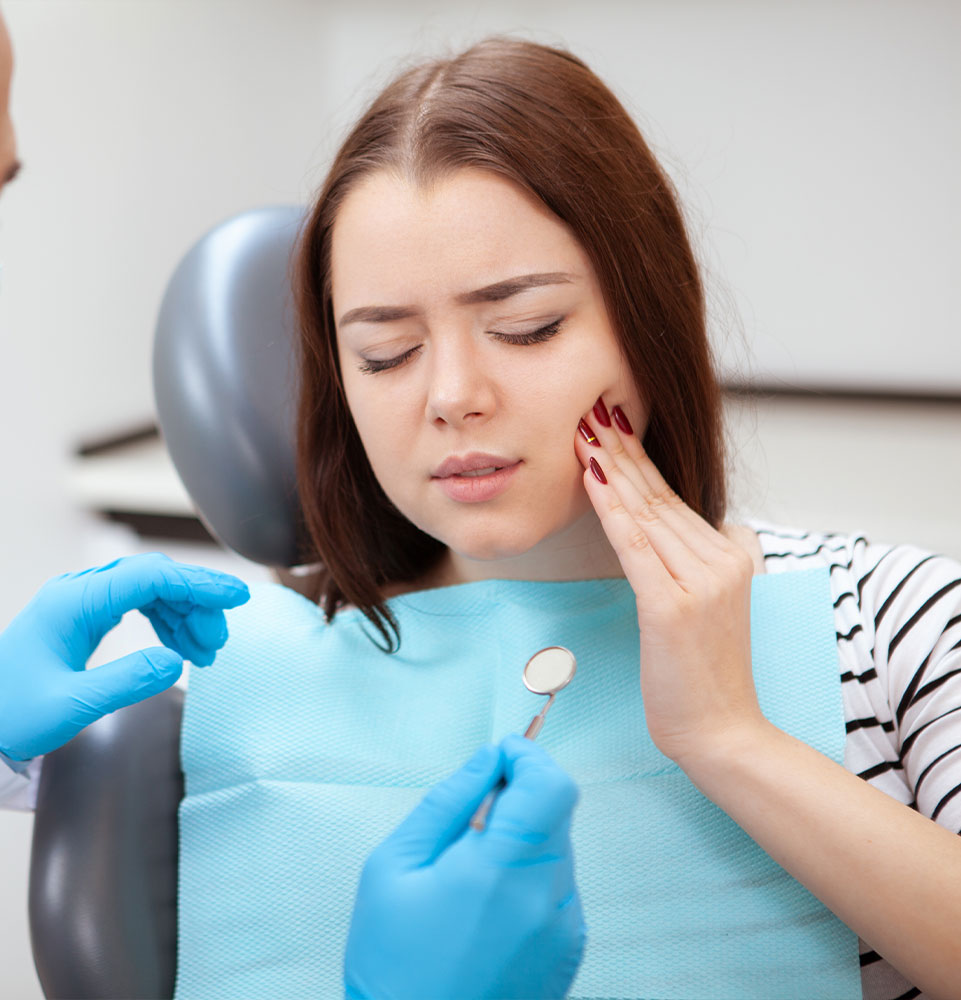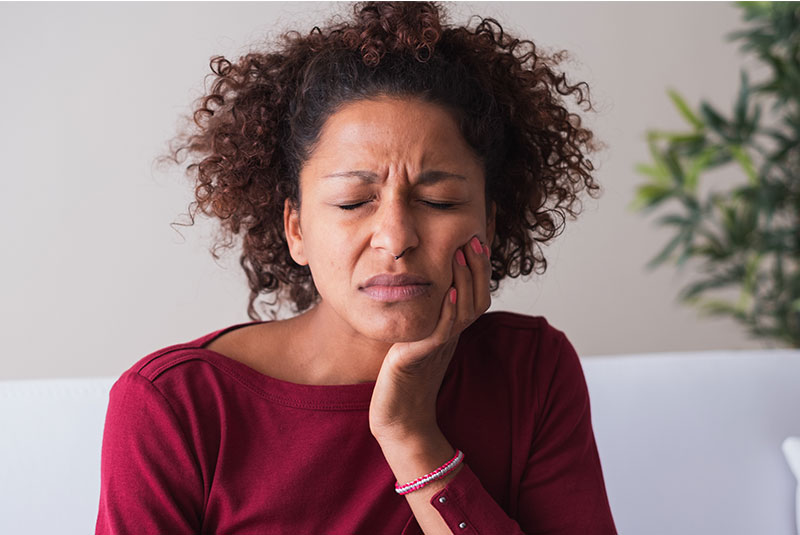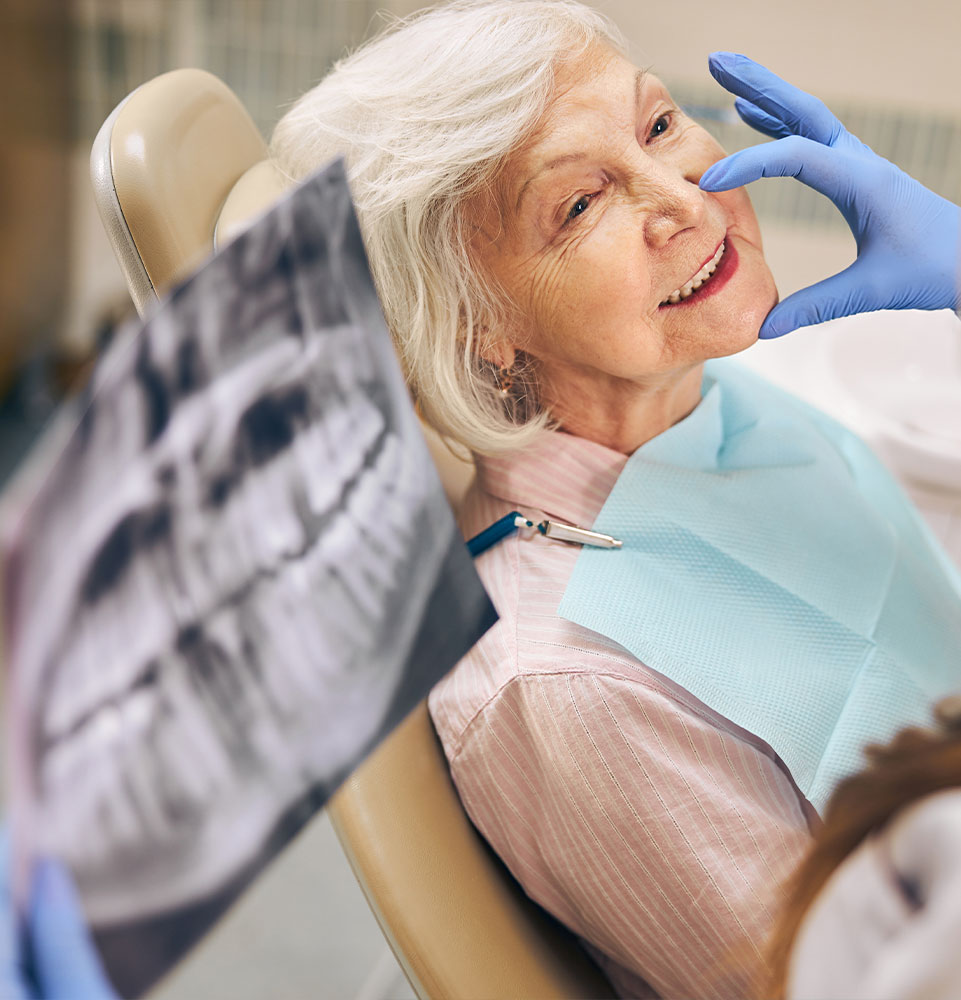Emergency Dentistry - Covington, LA
Urgent Dental Care
Can Save Your Smile

Trusted and Compassionate
Emergency Dental Care
In 2021, nearly 50,000 people visited U.S. hospital emergency rooms for dental injuries. Although ER physicians are skilled at treating medical emergencies, they’re not familiar with dental care and don’t have the training to restore damaged teeth. For example, if you visit an ER for a severe toothache, you’ll receive a pain reliever but the ER staff won’t be able to accurately diagnose or treat the underlying cause of your pain. Even if you visit the ER, you‘ll likely need to schedule an urgent dental care follow-up appointment. When a damaged or infected tooth is left untreated, this increases the risk of the infection spreading. Seeking prompt care from an experienced emergency dentist near you in Covington, LA will save you extra pain, time and money. If you’re experiencing tooth pain, have a fractured or knocked out tooth or any other painful dental symptoms, we recommend you contact Magnolia Dental as soon as possible. Dr. Quartano can provide same- or next day emergency dentistry for a comprehensive range of non-life-threatening dental issues in our comfortable practice setting. We also offer sedation to ease your worries.

We Treat a Wide Range
of Dental Emergencies
- Acute or chronic severe toothache
- Dental infection or abscess
- Fractured tooth
- Dislodged or knocked out tooth
- Broken or missing restoration
- Dry socket
Select Emergency Dentistry Treatment

Gentle and Affordable
Emergency Dentistry
Accidents are unpredictable, so it’s important to be prepared when they happen. If you experience a dental emergency in Covington, LA, call us to discuss the issue and we’ll help you determine if it’s a true dental emergency. Instead of rushing to the ER, where there are no dental professionals or experts like us, we’ll give you detailed instructions on how to care for your injury until you come to our office. If needed, we can work you into our schedule the same or next day. We’ll accurately diagnose the underlying cause of the problem, relieve your discomfort and always try to save your tooth and fully restore its function. We accept insurance and offer third-party financing to help you pay for unpredictable moments in life that impact your oral health.


Dental or Medical Emergency?
If you were in an accident, you may have also incurred medical injuries, such as a concussion or facial laceration. If you’re experiencing neck/head pain or severe trauma, are bleeding uncontrollably or feeling dizzy, it’s important to seek immediate medical attention by calling 911 so you can be assessed and/or transported to the nearest medical facility. ER or immediate care medical personnel are best equipped to treat these types of medical emergencies.
